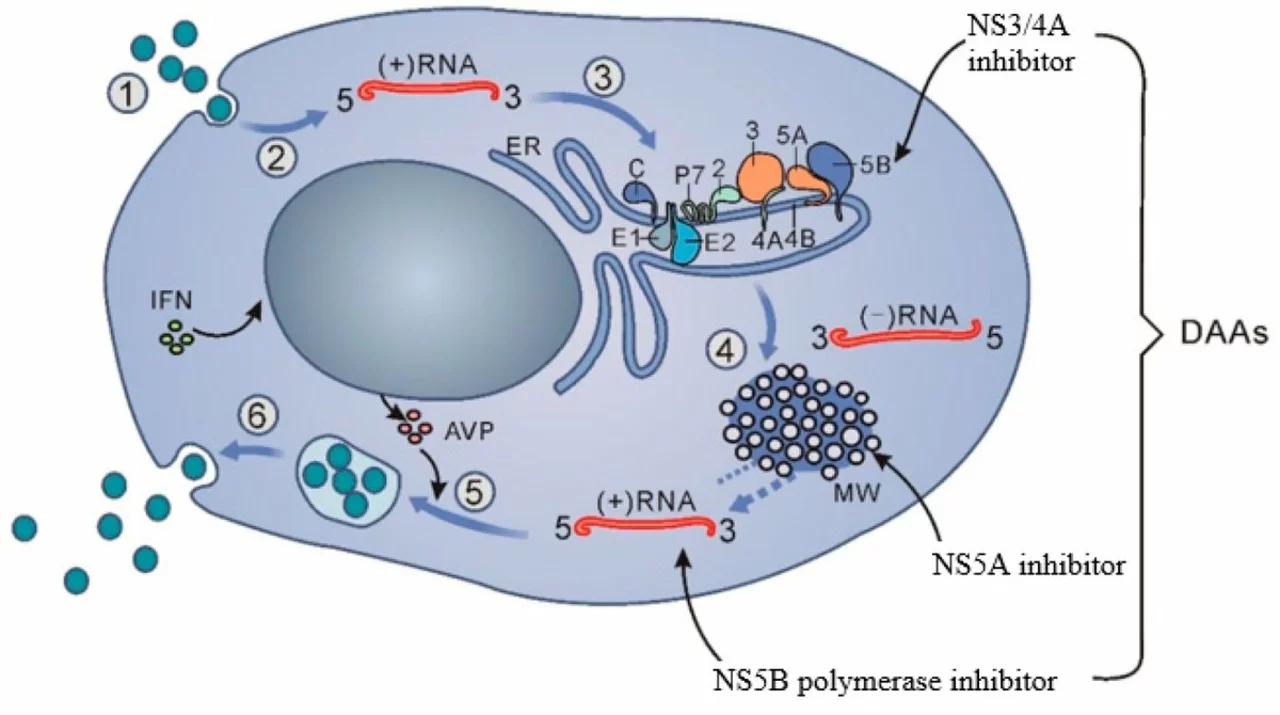Hepatitis C: testing, treatment, and how to find affordable meds
Hepatitis C (HCV) is a viral infection that attacks the liver. Many people have no symptoms at first, so testing matters. If you're worried because of past medical procedures, tattoos, shared needles, or blood exposure, get tested. Early diagnosis makes treatment easier and can prevent serious liver damage.
How testing works
Testing is simple and fast. First, you get an HCV antibody test. If that’s positive, a follow-up HCV RNA test checks if the virus is actively in your blood. Your doctor may also order liver function tests, an ultrasound, or a fibrosis scan to check liver health. Ask about checking hepatitis B and HIV too—co-infections change care.
Don’t skip the genotype talk. Most newer drugs work for all genotypes, but knowing your genotype can still inform the exact treatment choice and duration.
Treatment, costs, and safe pharmacy tips
Treatment today uses direct-acting antivirals (DAAs). Drugs like sofosbuvir/velpatasvir or glecaprevir/pibrentasvir cure over 95% of people in 8–12 weeks. Side effects are usually mild: headache, fatigue, or nausea. Your doctor will review drug interactions—DAAs can interact with common meds and supplements.
Cost is a real concern. Brand-name DAAs can be expensive, but there are ways to save: patient assistance programs, manufacturer coupons, generic versions in some countries, and price-comparison tools. Use verified comparison sites to find licensed pharmacies and real prices before you buy.
When buying meds online, check the pharmacy’s credentials. Look for clear contact info, a real pharmacist available by phone, and a requirement for a prescription. Avoid sites offering huge discounts without a prescription or shipping from unknown locations. If a deal seems too good, it probably is.
Never start or stop HCV medication without your provider. Stopping early can fail treatment and encourage resistance. Also, if you have cirrhosis or advanced scarring, you’ll need ongoing liver monitoring for complications like liver cancer even after cure.
Lifestyle changes help. Cut alcohol, keep a healthy weight, and get vaccinated for hepatitis A and B if you’re not immune. Small things—avoiding shared razors, practicing safe sex when active infection is present—reduce spread.
If you think you need testing or treatment, talk to your primary care provider or a hepatology clinic. Want help comparing drug prices or spotting safe online pharmacies? Use our site tools to compare options and read pharmacy reviews. Getting cured is possible—know your options, protect your liver, and buy meds safely.
As a blogger, I've been researching the science behind Daclatasvir and how it works. From what I've discovered, this powerful antiviral drug is specifically designed to treat Hepatitis C by inhibiting the replication of the virus. Daclatasvir targets a protein called NS5A, which plays a crucial role in the virus's life cycle. By blocking this protein, Daclatasvir disrupts the ability of the virus to multiply and, ultimately, helps to clear it from the body. I find it fascinating how this medication can provide such a targeted and effective treatment for those suffering from Hepatitis C!

